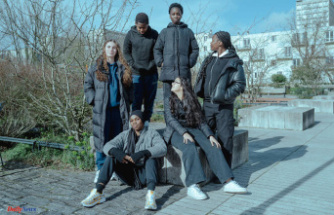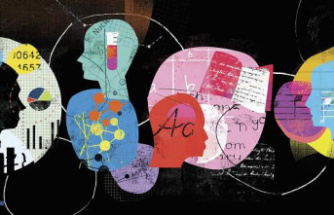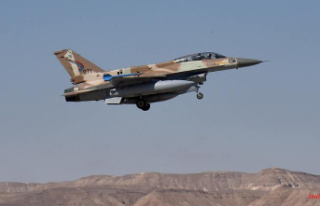It's Monday morning in Ukraine, and Fedir Shandor logs on to teach his online classes.
Although the university professor taught online before the pandemic, he was able to educate his students on the frontline for the past few months.
Although he signed up for the military in the aftermath of the Russian invasion, the 47-year old was keen to see his students continue their education.
The result? The result?
"I have been teaching for 27+ years. It's not something I can just give up. He tells BBC that it's what he's good at.
Since February's Russian invasion, Mr Shandor has been teaching and serving in the military. He joined because he wanted his country to be protected and he was able to protect his daughter and wife.
He says, "I should stop them before they come to mine house."
Participation numbers have remained steady due to Mr Shandor’s dedication to his job.
Iryna, 20, a student of his, said that even students who had skipped classes in the past, now they attend every lecture. He has always said to us that we must be smart and that we fight for a smart country.
Teaching in the trenches can be difficult and students must get used to the sound of shelling.
"During one class the sounds were very loud so that the students could hear everything. He says, "Then I went underground and continued teaching."
He's been able to show his students shrapnel through his environment and also teach them about different missiles.
His fellow soldiers find Mr Shandor's lessons a bit of a novelty, and often tune in to his lectures and take photos of him at work.
One of the photos, which showed him with his phone in a trench and holding it, went viral online. Numerous artists from the country made cartoons and drawings of the moment.
Mr Shandor is not the only teacher fighting on the frontline. Serhiy Shkarlet (Ukraine's Education Minister) said that around 900 teachers had joined the Armed Forces so far.
He said, "We are proud of every single one of them." "We also have people who joined the armed forces of Ukraine at the Ministry of Education."
Anton Tselovalnyk is one of the others who have joined the territorial defense.
His lessons were cancelled in the first two weeks, but schools he'd worked with previously started messaging him to ask for his help.
Instantly, the 42-year old responded by choosing to instruct classes in the trenches and in nearby housing for territorial defense personnel. He will not miss a class even in cold weather.
He said that it wasn't initially about teaching children, but more about supporting one another and talking to them.
"You can picture that the children used go to school every day, but then suddenly it stopped."
His students, who range from primary through high school, have been learning about architecture.
"The most important thing is to maintain the connection between your past, and your future. He says that teaching now is similar for him.
Viktoria Volkova (17 years old) says that Mr Tselovalnyk's lectures make her laugh so she can keep the class happy.
She says it is the best distraction. Her teacher will show her the surroundings and tell them all about the trenches that he helped to build. He also tells them where he sits looking at the stars.
"He is thoughtful and caring during lectures. Ms. Volkova says that she is always open to feedback and tries to keep the subject relevant for everyone.
Maksym Kozhemiaka is one of the other teachers who are helping the military with their medical skills.
Professor of trauma medicine at Zaporizhzhia State University, 41-year-old, realized he could help at the city's military hospitals and offered his services.
After a few days of working there, he realized a way to help his students continue their education.
He says, "We believed we could teach classes on the internet." "We had already been able to teach online during Covid."
After a difficult first two weeks, Mr Kozhemiaka was able to resume teaching and let his students observe him conducting operations online.
The instructors use a mix of live classes and augmented realities to enable their students to comment and participate in operations from the comfort of their homes.
He says, "We have taught students and young doctors how to treat combat wounds."
Daryna Bavysta has been enrolled in Mr Kozhemiaka’s classes. She says that she has learned a lot since the class restarted.
She says, "Now I understand all that is happening at the operating table." She says that Maksym explains everything online during live operations, including what he is doing and how.
She is concerned about her teacher, however: "It's both psychologically and physically difficult - you want everything for the people you are treating." Our soldiers."
Mr Kozhemiaka was not able to abandon his classes.
He says, "Teaching has been the work of all my life." It was something I couldn't give up. Before the war, we were on the right path as a nation. We are still on that track. So we must fight together for victory and remain united.
"It is important to keep doing what you did before. "Why should we let a war stop us?"












